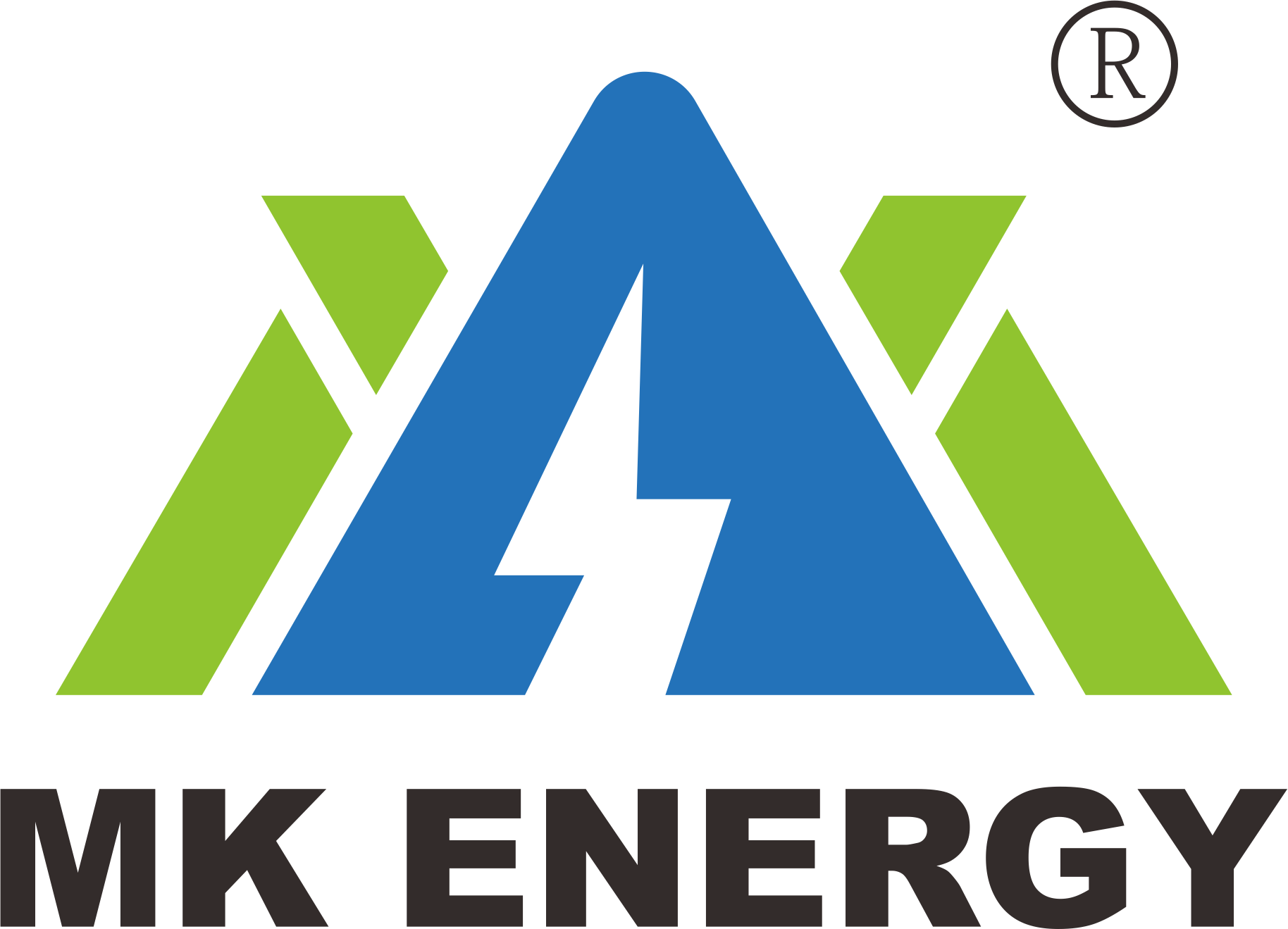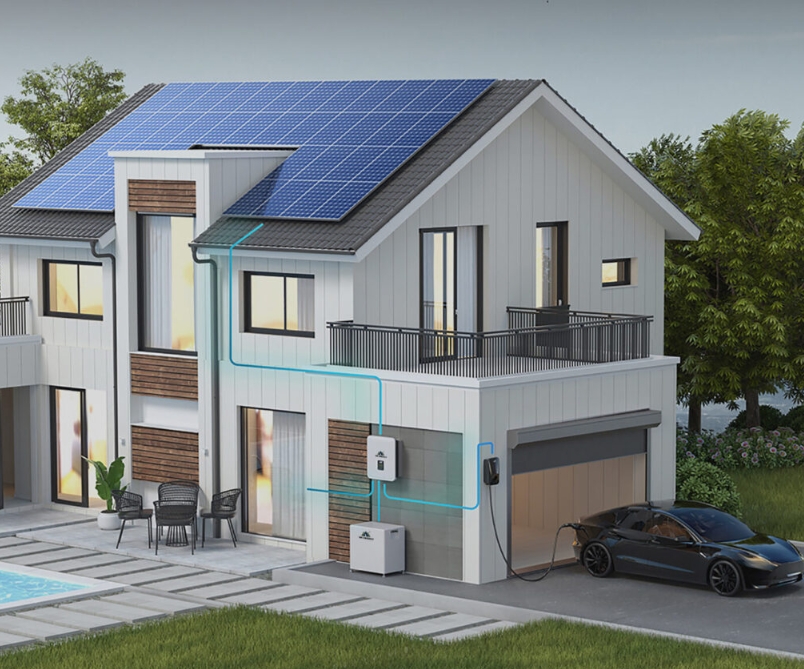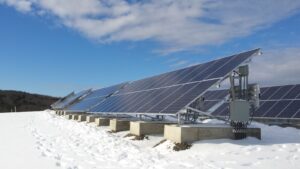Common issues regarding the safety of Household Solar Energy Storage Systems
The emergence of household Solar Energy Storage System has changed how our families use electricity and made our lives more convenient. While we enjoy this convenient life, we must not forget and ignore the security of these systems. Therefore, this guide will discuss common security issues related to home solar storage systems and provide insights and solutions to help users solve potential problems.
Chemical Safety in Household Solar Energy Storage System
Batteries are central in household Solar Energy Storage Systems and bring potential chemical risks. The widespread use of lithium-ion batteries requires careful examination of safety measures. Overheating, leaks, and chemical reactions can pose risks, and we need to ensure that battery storage spaces are well-ventilated. Proper ventilation helps dissipate the heat generated during charging and discharging, reducing the risk of thermal problems. Leak containment measures are also taken to address potential leaks or spills of battery electrolytes. Proper containment can minimize chemical exposure and environmental impact.
Fire Safety for Household Solar Energy Storage System
Homeowners should follow the following guidelines to mitigate the fire risks associated with solar storage systems. You need to ensure that a certified professional installs your solar storage system according to the procedures we provide and local regulations. Proper installation can minimize the risk of electrical problems. Schedule regular electrical inspections to identify and resolve potential issues promptly. This precaution reduces the risk of electrical failure that could lead to a fire. We must also choose a suitable location in our home to install an appropriate fire extinguisher. In emergencies, fires can be caused in time.
Electrical Safety
A combination of overcurrent and overvoltage protection mechanisms protects residential solar storage systems from power fluctuations. These protective devices prevent damage to the solar storage system and associated electrical components, minimizing the risk of electrical fire or failure. Adequate grounding and bonding practices during installation are fundamental to electrical safety. Grounding dissipates excess charge, and bonding ensures all metal components are connected to prevent shock hazards. Both approaches are integral to preventing electrical accidents. The solar storage systems provided by MK Energy are all made of refractory materials, and proper spacing needs to be maintained to dissipate heat when you use them effectively. Electrical accidents can be prevented when combined with an emergency shutdown system.
Optimize performance and safety in different climates!
Customize your residential solar storage system to perform optimally and remain safe in different climates. In hot climates, using high-temperature-resistant battery technologies such as LiFePO ensures stable performance. Conversely, choosing batteries that operate efficiently at low temperatures is critical to maintaining energy storage capacity for cold regions. Integrate a robust thermal management system to address climate-specific challenges. In hot climates, a cooling mechanism prevents overheating.
In contrast, an integrated heating element in cold climates ensures the battery operates within the ideal temperature range, thereby increasing overall system efficiency and longevity. Remote monitoring and diagnostics capabilities allow homeowners and service providers to evaluate system performance and security remotely. Regardless of climate conditions, real-time data enable proactive measures to be taken to resolve issues promptly.
Unauthorized access and cyber threats
Implement robust authentication protocols to prevent unauthorized access. Password protection, multi-factor authentication, and biometric verification effectively enhance system security and limit access to authorized users. We need to update system software to resolve vulnerabilities regularly. Regular updates ensure solar storage systems have the latest security patches, protecting against potential attacks and vulnerabilities. Incorporate intrusion detection systems to monitor and identify anomalous activity. These systems can detect possible security breaches and alert users, allowing rapid response to mitigate threats before they escalate.
At the end
As a professional battery supplier, we hope that users can use reliable, stable, high-performance batteries and that everyone can solve the safety problems in these energy storage systems. Security issues cannot be avoided or ignored. This guide can help everyone solve security problems.



